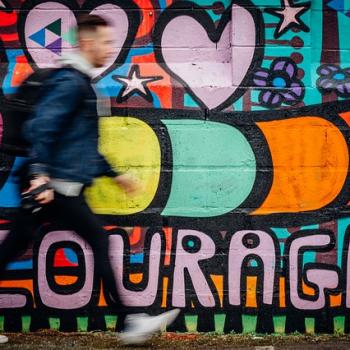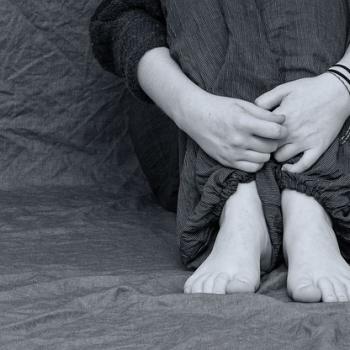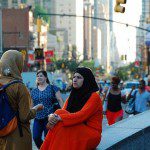Ayah* is an Egyptian-American disabled woman and single mother of two children who lives in a populous borough of New York City, home to between 600,000 and one million Muslims (reports vary on the exact number) and an estimated 175 masajid. Behind on her rent and unable to fully provide for her children, Ayah went to a large masjid in her borough to apply for zakat. At the masjid, one frequented predominantly by Muslims of East African descent, she was told that the zakat was already reserved for members of the masjid’s own community—a confusing revelation for Ayah who was a regular at the masjid. She went to another local masjid, one frequented predominantly by Muslims of Bangladeshi descent where she was told the zakat there was also reserved for the masjid’s own patrons in hardship. However, at this masjid it was suggested she seek help from “an Arab masjid” in a neighboring borough.
Ayah told me about her hardship less than two weeks after a verdict was reached in the George Zimmerman trial. I bring up the trial for a reason—after the not-guilty verdict I couldn’t help but notice the large presence of Muslim solidarity with the Trayvon Martins of America. Many Muslims have experienced and can attest to the prejudices that exist in America and the feeling of solidarity with other often-marginalized groups is only natural.
But how many of the Muslims who complained about the verdict or have complained about religious intolerance have themselves engaged in actions not far from discrimination against members of their own Ummah under pretenses of culture? The sheer number of masajid in America is a joy to behold—mashaAllah—but the segregation that continues to divide masajid by the cultures of their majority members is undeniably un-Islamic and misrepresentative of a growing Muslim population that doesn’t fit within those majority cultures.
It doesn’t take long to venture outside of a masjid either to find cases where members of the Muslim community have been rejected by their brothers and sisters due to their race or ethnicity. Many of us know of at least one person whose parents refused to let him/her marry someone of a different race or ethnicity: “My parents prefer a [insert your race or ethnicity here] girl/boy” is not an uncommon utterance. And how many second generation Muslim-American mothers find themselves—such as their mothers used to—fretting over their children’s growing darkness of skin while playing out in the sun? Such cases are often dismissed as cultural nuisances and none of us is perfect save Allah (swt). But why should a zakat-seeker, a new convert, a traveler or any other new visitor to a masjid feel further marginalized for being of a different ethnicity or race than the masjid’s majority members?
We quote a line from Prophet Muhammad’s (peace be upon him) final sermon—that a white has no superiority over a black nor a black any superiority over a white except by piety and good deeds—time and again in pointing out that Islam is a religion without racism or prejudice. And that is true—Islam is perfect. We are not. But we cannot feign ignorance and live under the shadow of His (pbuh) words believing they succeed without our own efforts. If Ayah’s story is a true reflection of the nature of segregation that exists among Muslims in America, we have a very long way to go to reach a better state of unity. As we point fingers at the prejudice of Americans toward one another or toward us, we should also spend time and effort in ensuring we peel away our own injustices and refrain from discriminating against our own brothers and sisters. And this is a reminder to myself first.
*Ayah’s true identity was concealed for her privacy.
This piece is part of our ongoing series on Ramadan, featuring reflections, stories, and articles from Muslims and non-Muslims on their Ramadan experiences. Keep checking Altmuslim for new pieces throughout Ramadan.











